On being racially profiled and pulled over for a DWB (Driving While Black) in Denver
I was just lucky enough to get a police officer who believed me.
I was just lucky enough to get a police officer who believed me.
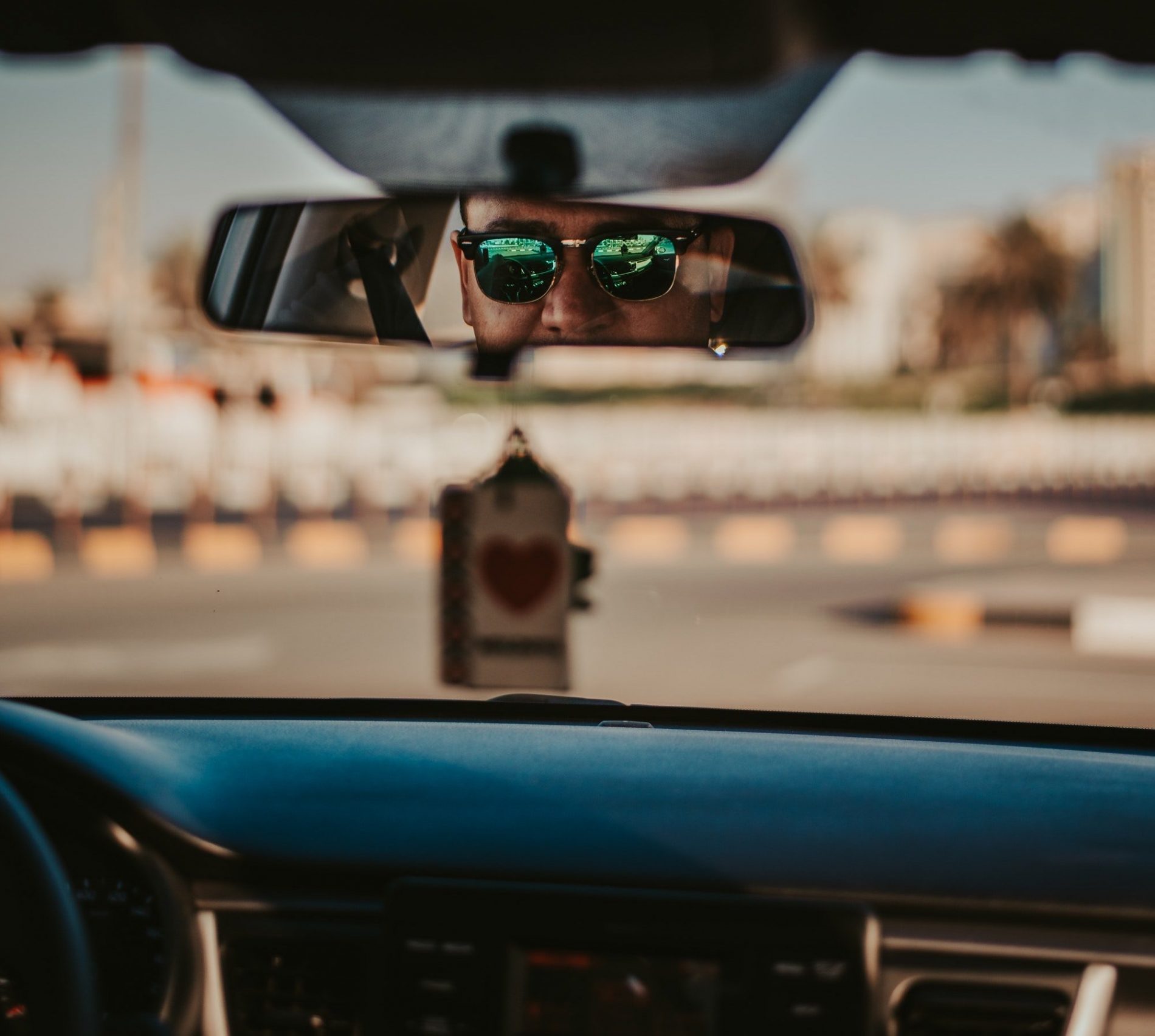
In case you missed it, police in Aurora, Colorado (remember Elijah McClain?) detained and handcuffed a black mother and four children at gunpoint on August 2nd, 2020 after mistakenly identifying the SUV she was driving as a stolen motorcycle.
Just last summer, I was pulled over for something similar when I was waiting at a light in Denver’s Five Points neighborhood, just north of downtown.
“How long have you owned this car?” one of the officers began, with the other standing beside him.
“Two, almost two-and-a-half years, ” I responded with certainty, sensing suspicion in his question.
“Really?” he asked in disbelief. “We ran the plates, and they’re coming up for a stolen Honda.”
“Well, I don’t know anything about that, but here’s my license and registration.”
He took the paperwork and went back to their SUV.
I sat in my car patiently, occasionally looking in the rear-view mirror to see if they were coming back. But even though I knew I had nothing to worry about, the fear of what could happen was inevitable and lingering in the back of my mind.
He came back, apologized for the confusion, and gave me his business card in case I had any questions.
Instead of getting a better idea of whether this actually was racial profiling and asking questions like “when was this stolen Honda reported?” and “did this Nissan come up in your scan too?” I just said “thank you” and went on with my day without a DWB on my record.
And that was it.
Was I put in handcuffs? No
Was I forcibly laid on the ground? No.
Was I looking down the barrel of a gun? No.
My story isn’t like Brittany Gilliam and her family, but their story (less than 15 miles away) has put mine into perspective.
I was just lucky enough to get a police officer who believed me. One who was considerate enough to check my registration and re-run my information before taking traumatizing action.
My situation is truly incomparable to theirs, but I write this for you, my many white friends, so that you know that these situations aren’t just in the news and plastered all over social media. They’re happening, and I got lucky.
When I hear and see these stories of police brutality, I get overcome with anger, anger that these stories have so easily gone overlooked and some people still roll their eyes at them.
Then I’m calmed with gratitude, gratitude that makes me feel positive about my own moments of injustice that I’ve left emotionally rattled but physically unharmed.
And then I re-enter the world with fear, fear that leaves me concerned that anyone and everyone will make presuppositions about me and treat me less than because of the color of my skin. And just have to deal with it.
Growing up conservative, I know there are many of you that I’ve known over the years that don’t understand the “Black Lives Matters” movement, but racism is alive and here in America. And although all lives do matter, saying “Black Lives Matter” doesn’t change that. In the very least, it supports a cause so that I can have the privilege of feeling safe while waiting at a stoplight with a cop car behind me.
3 responses to this post
-
Kelly
Thanks for sharing your story, Sean. ❤️
-
People who are white are spared racial profiling by the police, while their black counterparts are subjected to much more frequent stops, often based on lame pretexts, and then often met with subjugating orders and aggression. But what I call privilege needs to become the baseline for everyone. Everyone has a right to expect the police to follow the constitution, not view their race as inherently suspicious, and not subject them to discriminatory treatment based on their race.
-
Spoiler alert: in a white neighborhood on Long Island at night, it seems pretty near impossible. It is white privilege in that it is, all too frequently, only afforded to white people. People who are white are spared racial profiling by the police, while their black counterparts are subjected to much more frequent stops, often based on lame pretexts, and then often met with subjugating orders and aggression.
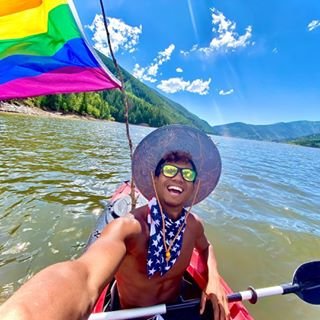
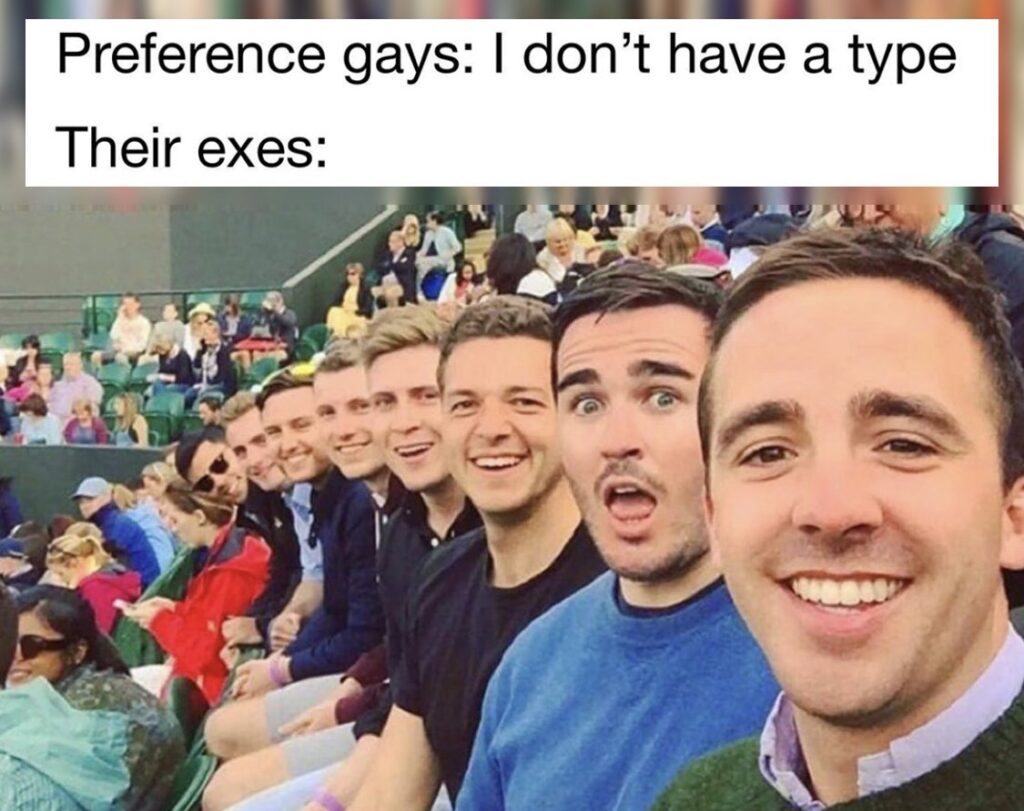
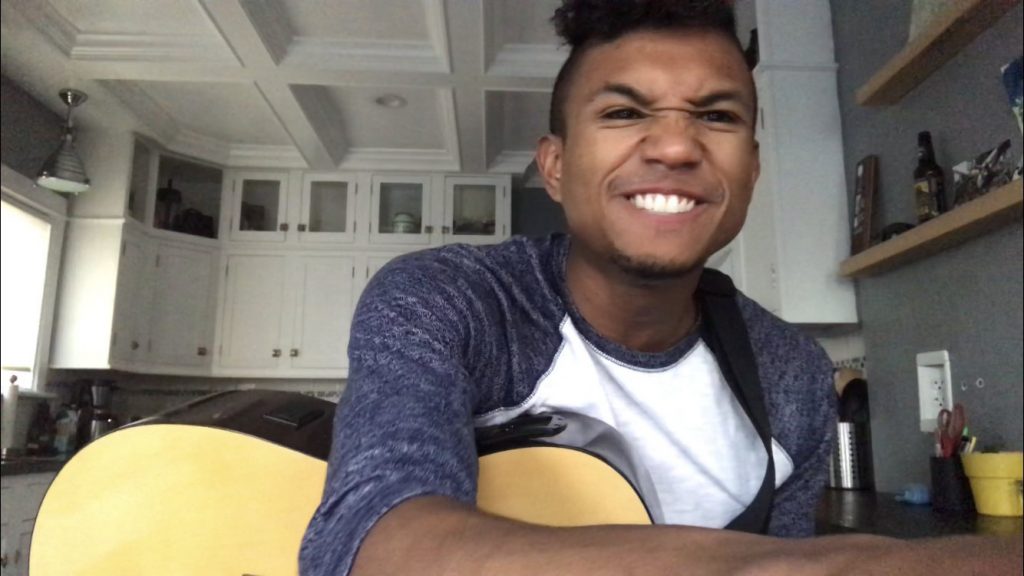
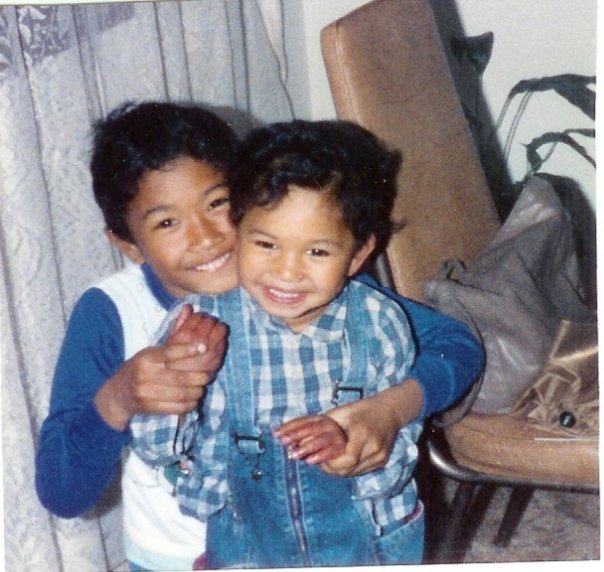
Thanks for wanting to contribute!
You have one more step.
Your email address will not be published.